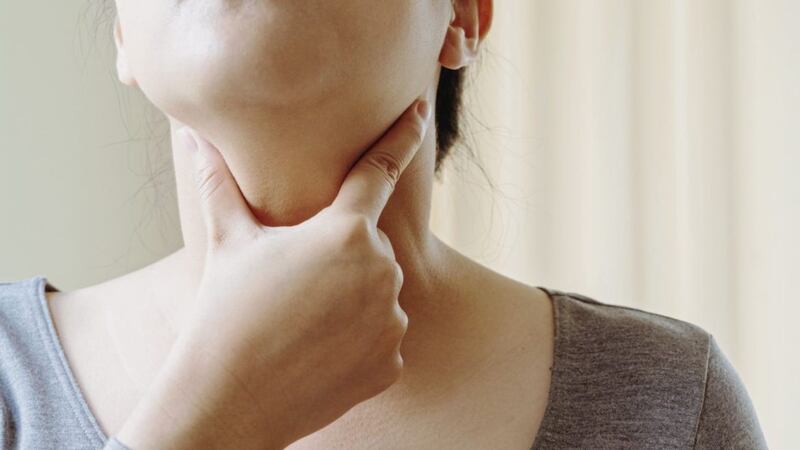THE top cause of mouth and throat cancers is a virus known as the human papillomavirus, or HPV.
There are more than 40 strains of HPV virus which can invade the tonsils, tongue, throat and the soft tissues of the mouth in general which over time can change the tissues into a cancer.
The vast majority of us, about 80 per cent, will contract HPV over our lifetime during sexual activity.
However, more often than not our immune systems will deal with the virus, clearing it away before it causes harm. But for a small amount of people, it can wreak havoc and cause debilitating cancers - even decades after the initial infection.
Men are at more risk from HPV-related cancers than women. The virus can also cause genital warts or anal, cervical and penile cancers. Since 2019 there has been a drive on to vaccinate boys alongside girls from some of the most damaging HPV strains.
Ideally the vaccine is given before the person is sexually active, but the vaccine can also be administrated after this to protect against future infections.
For those who missed out on the NHS-provided HPV vaccine in school, boys born before September 1 2006 and any girl that didn't get the vaccine, then you can pay privately to get the vaccine at pharmacies. The vaccine is given in two or three doses.
Common signs and symptoms of mouth cancer include: an ulcer which doesn't heal within 2-3 weeks; a patch in your mouth that looks red, white or black; difficulty or painful swallowing with a feeling that something is stuck in your throat; enlarged tonsils which when you look at them one side may look considerably different to the other; pain on chewing; a chronic sore throat, cough or hoarse voice; a lump; numbness in your mouth or lips; a one-sided earache that lasts for more than a few days.
Smoking and heavy alcohol use also increase the risk of oral cancers. If you have any of these symptoms and are concerned ask your dentist or doctor to take a look as soon as possible.








